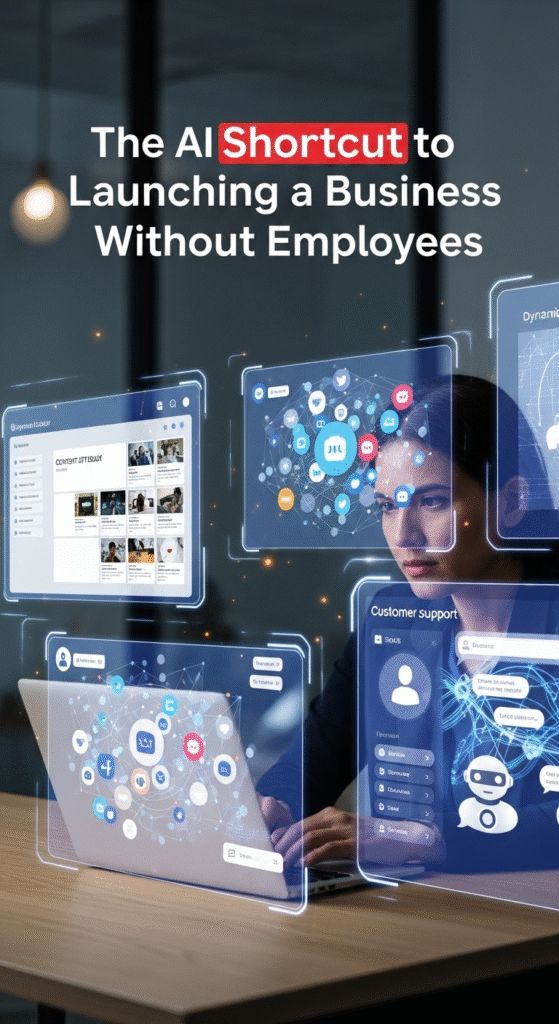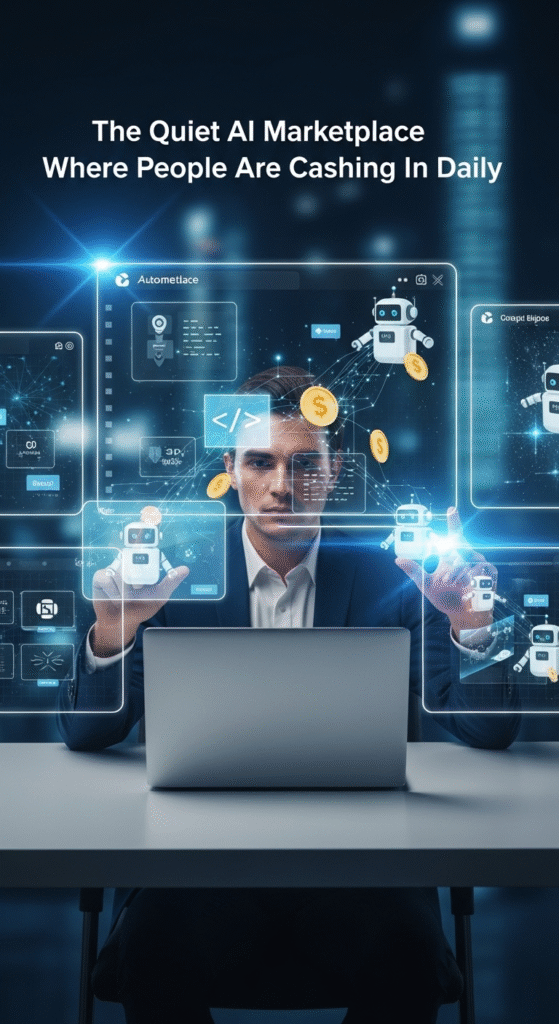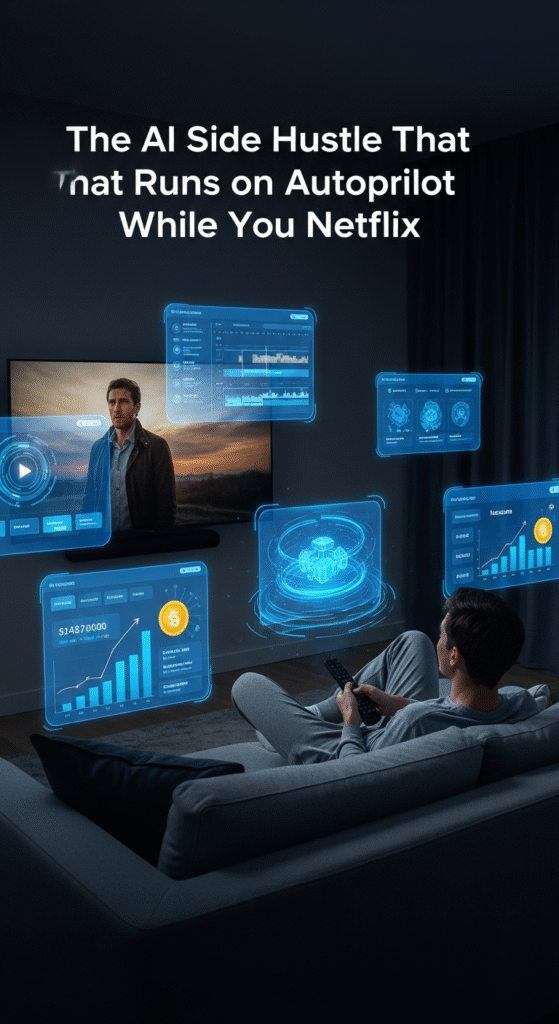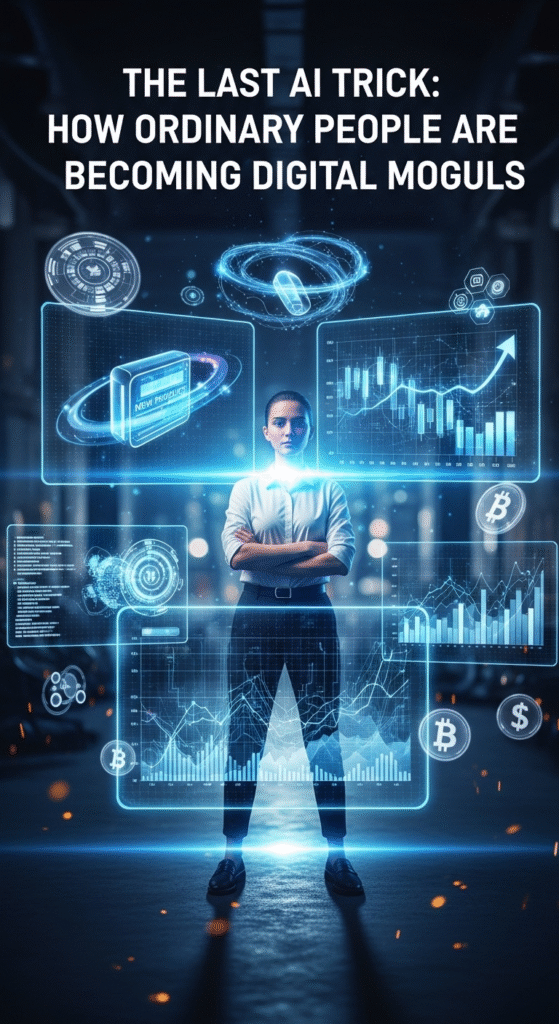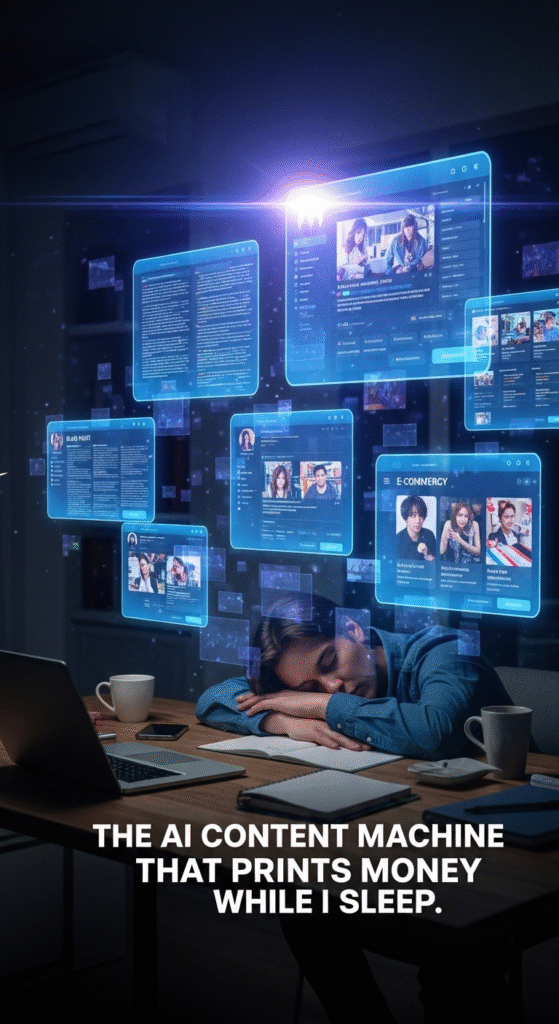Free Wi-Fi feels like a gift—airport, café, hotel lobby. But for hackers, it’s a goldmine. They’re not just snooping for fun; they’re turning your clicks into cash. From stolen logins sold in bulk to bank accounts drained in minutes, public Wi-Fi has become a silent marketplace. This guide uncovers exactly how hackers profit, why your data is worth real money, and the practical steps you can take to stay safe while still enjoying that latte.
Why Public Wi-Fi Is a Hacker’s Playground
Public Wi-Fi is convenient because it’s open. And that’s exactly what makes it dangerous.
In most cafés, airports, or hotels, the network is either unsecured (no password at all) or lightly protected with a single shared password everyone knows. That means:
- No encryption: Data you send—emails, logins, messages—can often be intercepted.
- Shared access: Anyone can pose as the router or another user.
- Lower vigilance: People assume “it’s just coffee shop Wi-Fi, what’s the harm?”
The result? Hackers don’t need NSA-level equipment. A $99 Wi-Fi adapter, a laptop, and some free software are enough to turn a café into their personal ATM.
Real-World Example: “Evil Twin” in the Airport
In 2018, security researchers showed how easy it was to create a fake Wi-Fi hotspot at a busy airport. Travelers eagerly connected to “Free_Airport_WiFi”—except it wasn’t the airport’s. Every login and page request flowed through the attacker’s laptop. Within hours, the researchers had captured hundreds of credentials, proving how “evil twin” attacks (fake hotspots that mimic real ones) are both cheap and effective.
How Hackers Make Money from Your Connection
Hacking isn’t about curiosity anymore—it’s about economics. Let’s break down the most common profit paths:
1. Credential Harvesting
- Hackers use packet sniffers to intercept unencrypted logins.
- Your Gmail or Netflix password might not seem like gold, but bundled with thousands of others, it’s a commodity on dark web markets.
Money angle:
- Email + password combo → $1–5 each.
- Premium streaming login → $2–10 each.
- Corporate email login → $100+ each, because it can lead to internal systems.
A single hacker harvesting 200 logins at a café can walk away with hundreds of dollars—before lunch is over.
2. Session Hijacking
Not all sites require constant password re-entry. If a hacker intercepts your session token, they can slip into your active account without knowing your password.
Example:
Imagine you log into PayPal at Starbucks. Even if the site uses HTTPS, a poorly configured session can be hijacked. The attacker then has full access to your account until the session expires.
Money angle:
- Immediate access to order goods, transfer funds, or link a card.
- No need to crack or sell credentials—they can monetize instantly.
3. Malware Injection
Public Wi-Fi lets hackers control the data stream. That means they can inject malicious pop-ups:
- “Update your Flash player to continue.”
- “Your session has expired, log in again.”
Click once, and malware installs silently.
Money angle:
- Ransomware = direct payment to unlock your files.
- Keyloggers = steady flow of new passwords they can sell later.
4. Man-in-the-Middle Attacks
Here, hackers don’t just steal—they alter what you see. They sit between you and the legitimate server, modifying traffic:
- Redirecting you to fake banking sites.
- Replacing ads with their own affiliate links.
- Swapping download links with malware versions.
Money angle:
- Fake banking site → instant cash theft.
- Affiliate hijacking → passive income without effort.
- Malware delivery → infection-for-hire (hackers get paid per device infected).
The Underground Marketplace: What Your Data Is Worth
It’s easy to dismiss Wi-Fi hacking as small potatoes. But look at the economics:
- Social media login (Facebook, Instagram): $1–5
- Banking login: $200–500
- Corporate VPN login: $1,000+
- Full identity package (SSN, passport, utility bills): up to $2,000
Hackers treat public Wi-Fi like a side hustle: low cost, high reward. A single day at a major airport can net tens of thousands of dollars worth of stolen data.
And because these credentials get resold multiple times, your one careless login might fund several different cybercrimes.
How to Outsmart Them Without Being Paranoid
The good news: you don’t need to stop using Wi-Fi. You just need to use it smartly.
The Basics (anyone can do)
- Use a VPN: Encrypts your traffic end-to-end. Even if a hacker sniffs packets, all they see is gibberish.
- Don’t log into sensitive sites: Avoid banking, PayPal, or corporate dashboards on public Wi-Fi.
- Forget the network: Prevents auto-reconnect later (when you may not notice).
Intermediate Defenses
- Use a password manager: Even if one site leaks, unique passwords block domino effects.
- Enable 2FA (two-factor authentication): Passwords are worthless without your phone code.
- Update software regularly: Prevents easy exploits.
Advanced (for digital nomads, remote workers)
- Carry a travel router: Create your own secure mini-network in hotels.
- Use eSIMs/local data plans: Cheap and much safer than relying on free hotspots.
- Corporate VPN solutions: If you handle sensitive work, your company should provide enterprise-grade VPNs.
The Lazy Person’s Setup (Safe + Cheap)
- Install a VPN app (many have free or $5/month tiers).
- Turn on your phone’s auto-hotspot for quick secure browsing.
- Use a password manager (Bitwarden, 1Password, LastPass).
- Enable 2FA everywhere (Google Authenticator, Authy).
This setup takes less than 30 minutes to implement and protects you against 95% of café hackers.
Prompt Recipes (for AI help)
- Explain risk simply:
“Write a 200-word explanation of why public Wi-Fi is unsafe, in the style of a warning sign for travelers.” - Find VPN options:
“List the 5 cheapest VPN services that work well on both mobile and laptop, with pros and cons.” - Social content:
“Write a short TikTok script (30s) warning people about connecting to public Wi-Fi in airports.”
These prompts let you instantly generate awareness content for your team, your friends, or even your social media side hustle.
Final Word
Public Wi-Fi feels harmless. But behind every “Free Airport Wi-Fi” sign, there could be a hacker running their own side hustle, quietly turning your clicks into cash.
The truth is, the internet is like a busy street market. There’s opportunity everywhere—but also pickpockets.
You don’t stop going to the market; you just learn how to guard your wallet.
Use Wi-Fi. Travel light. Browse smart.
Because the only thing worse than buying a $5 latte is realizing it cost you your bank account.
“Don’t Just Read—Protect Yourself Now”
While you’re sipping coffee (or whiskey), hackers could be watching your traffic like it’s a free movie. Creepy, right? A VPN shields you from prying eyes, hides your location, and locks down your data—whether you’re on public Wi-Fi or just checking email at home.
👉 Click here to get instant protection with NordVPN
Because peace of mind shouldn’t be optional.


